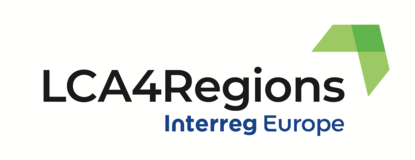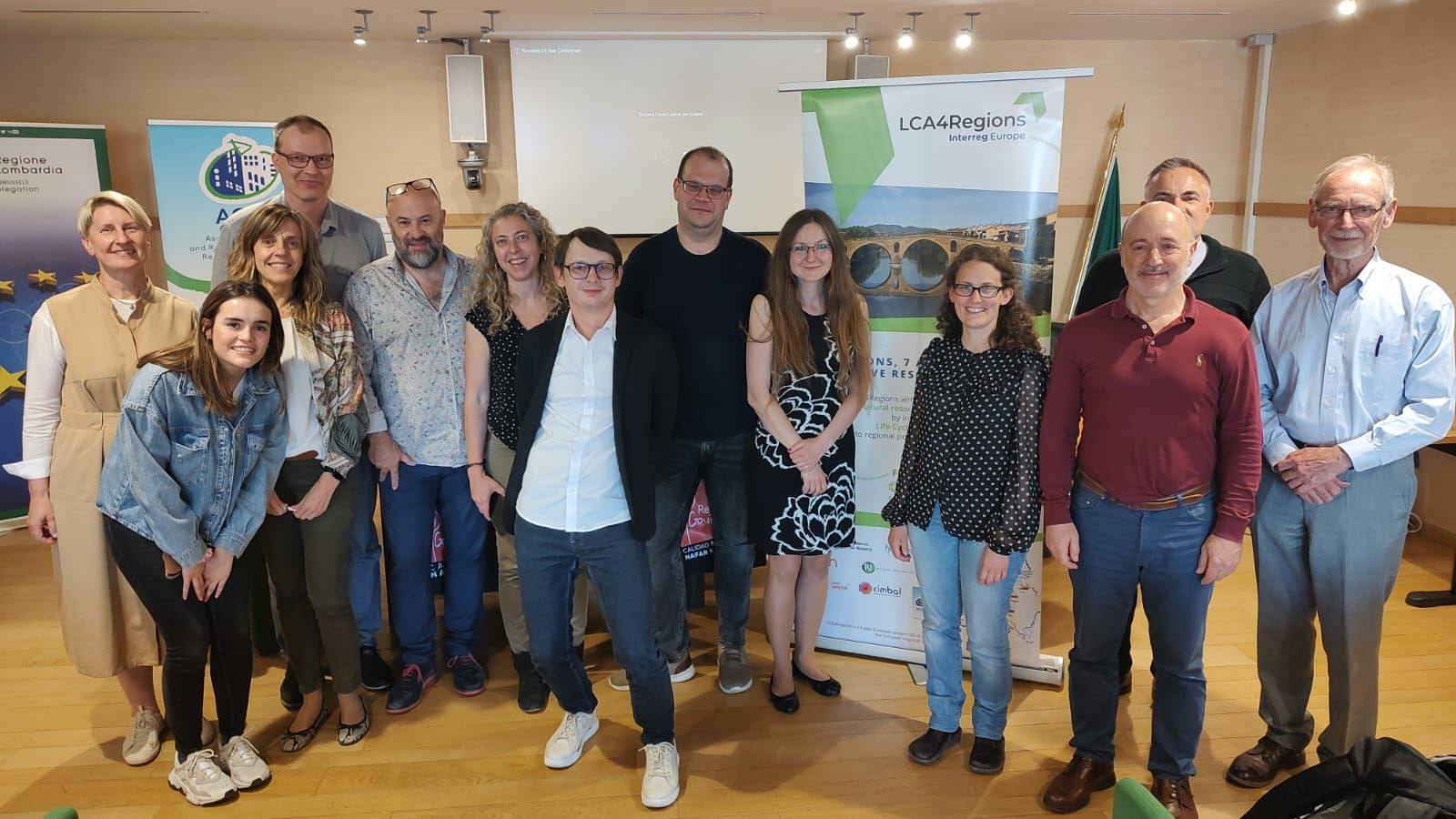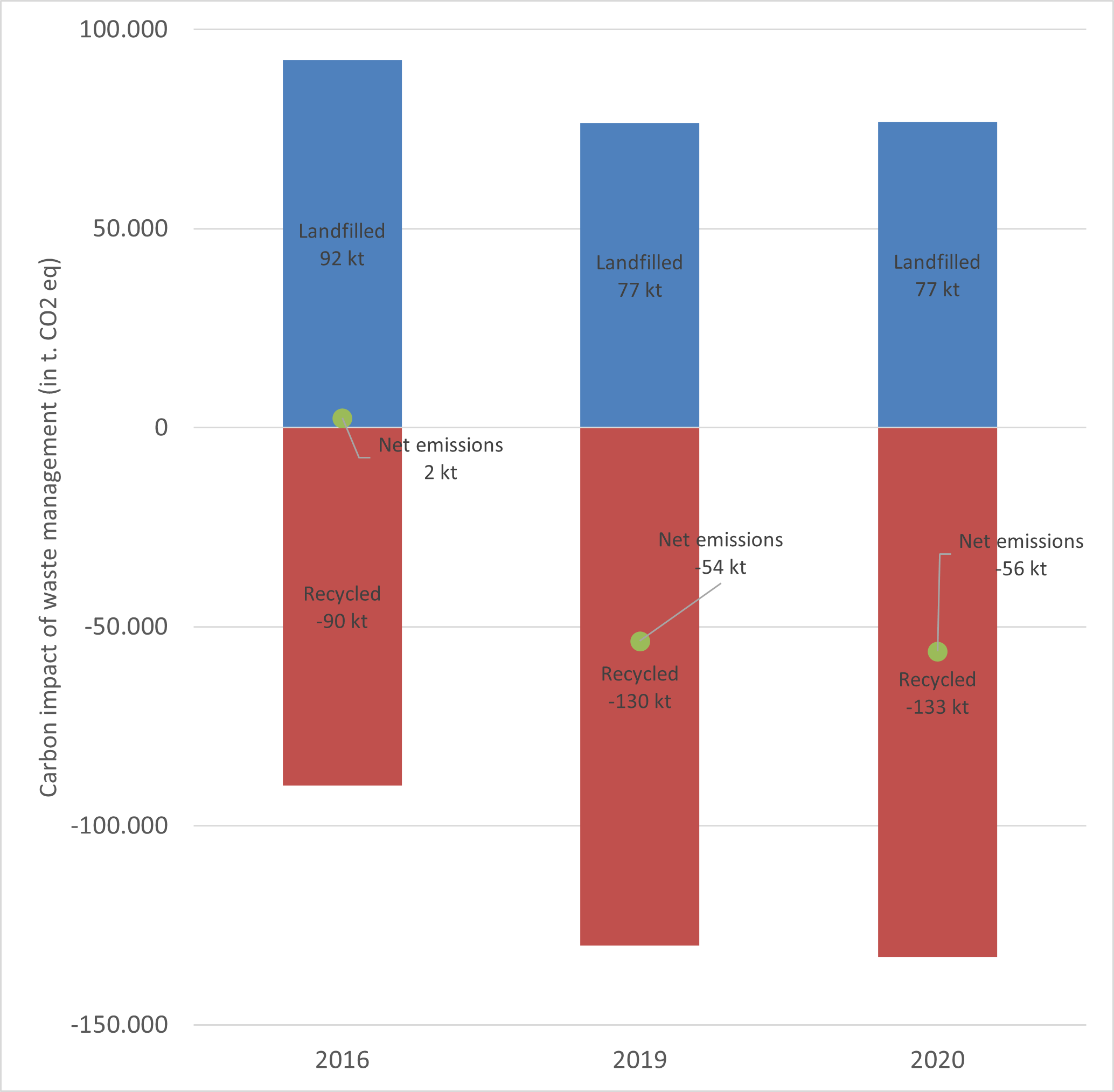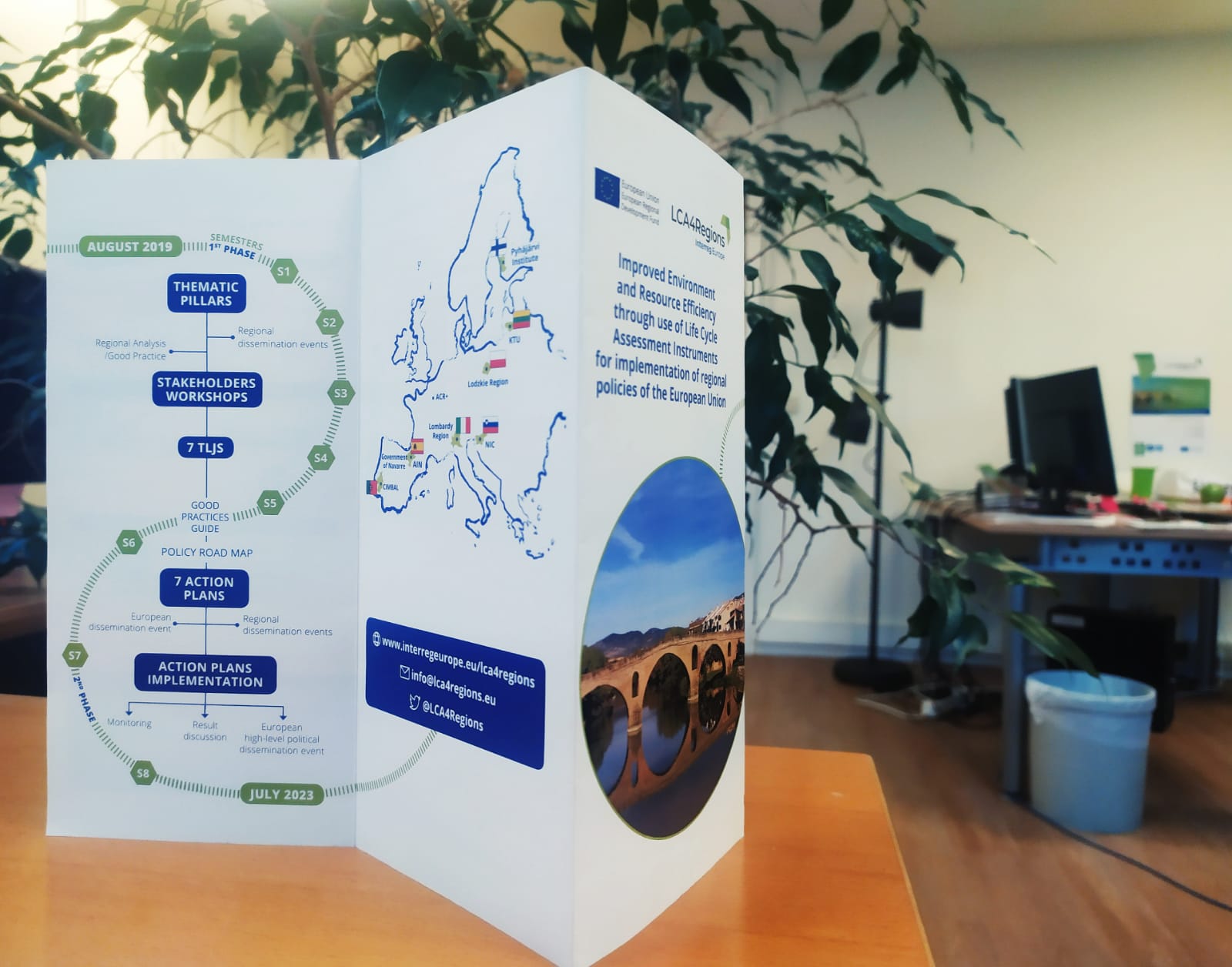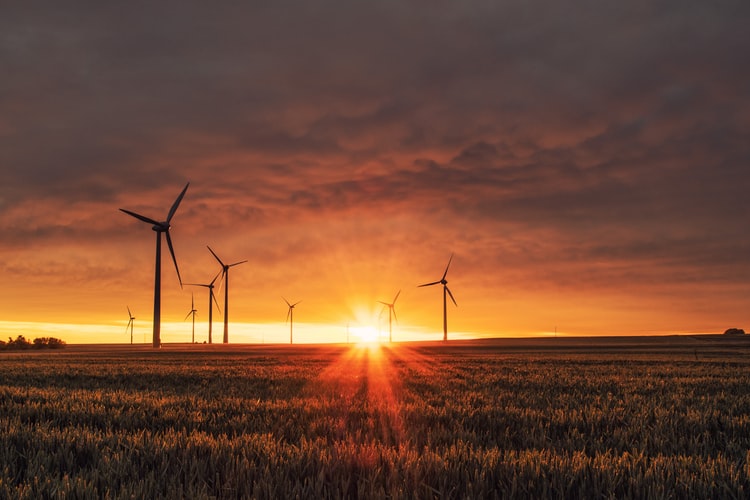The first step in managing plastic waste is measuring it – here’s how we did it for one Caribbean country
The first step to solving any problem is to measure it. This is often challenging for plastics, due to lack of data on where they come from and end up. A major part of our analysis was repurposing trade statistics to make up for limited data.
Material flow analysis helps quantify the flow of products and wastes...
Read the article
The Conversation – Environment + Energy, Jan 2020
Why is this study ihelpful for LCA4Regions?
Prof. Eric Williams in Rochester and his students carried out this interesting study performed in Trinidad, using MFA to study their options for plastic waste management. This work can be seen as a useful complement to the Lithuania approach to plastic bottles that partners and stakeholders saw during the study visit at USAD, based on the efficient collection, and then the export for treatment/disposal in third countries. Trinidad is about the same size as many European regions, and although an island state, shares many characteristics with European regions as far as waste flows are concerned.
Prof. Williams' MFA study illustrates the key steps and considerations in MFA. It is helpful in illustrating the data constraints at regional level in carrying out such analysis.
The study also illustrates the thinking process on how to deal with collected wastes, since export is a precarious solution.
There is clearly a need for a further LCA step to look at local disposal options, ideally in a broader circular economy context rather than simply ‘just disposal’. As several of our regions reported undertaking LCA for waste studies, the Trinidad MFA study may assist in stimulating a broader scope for such LCAs. Fundamentally, MFA leads to a questioning of why there is so much waste in the first place, encouraging waste reduction measures before thinking about disposal.
